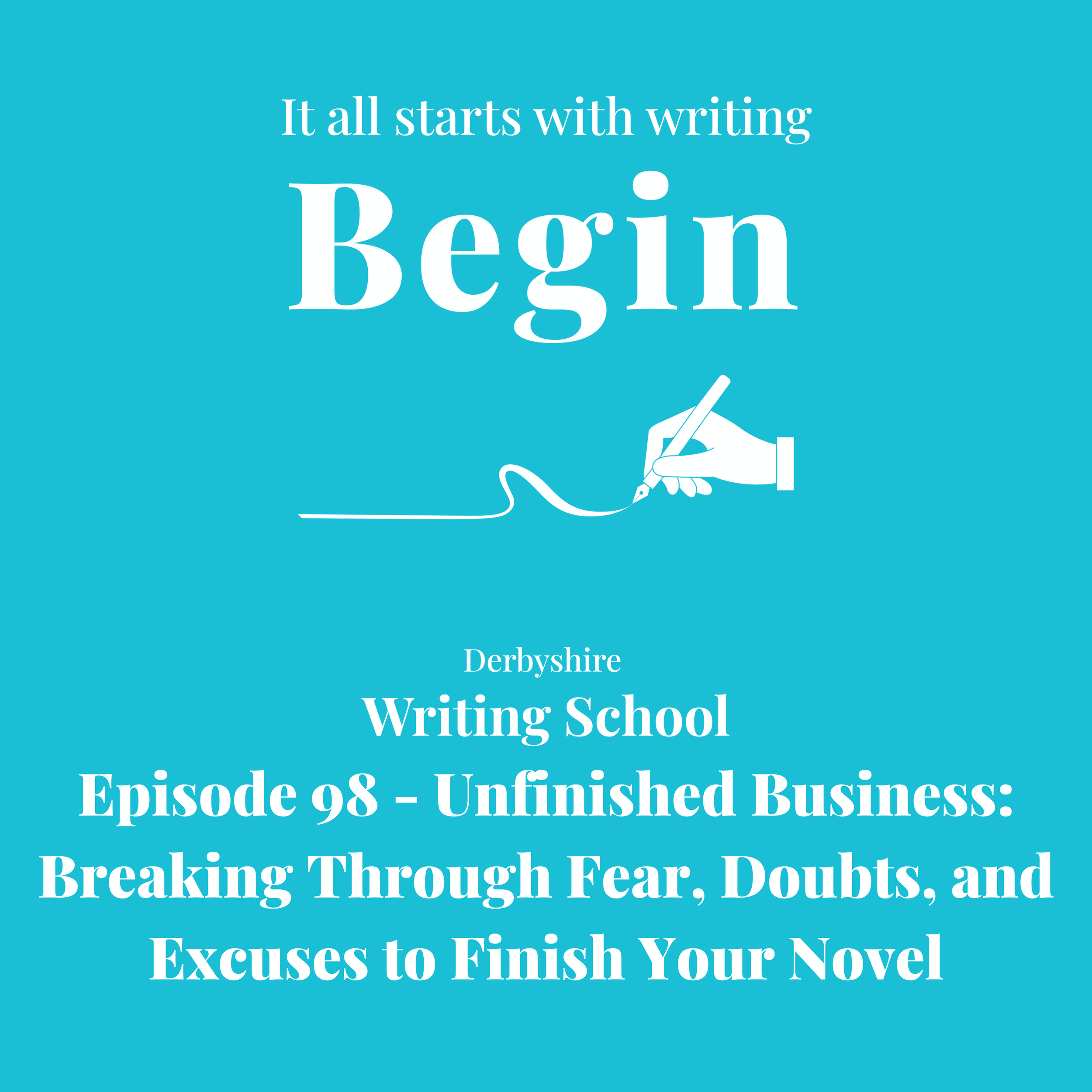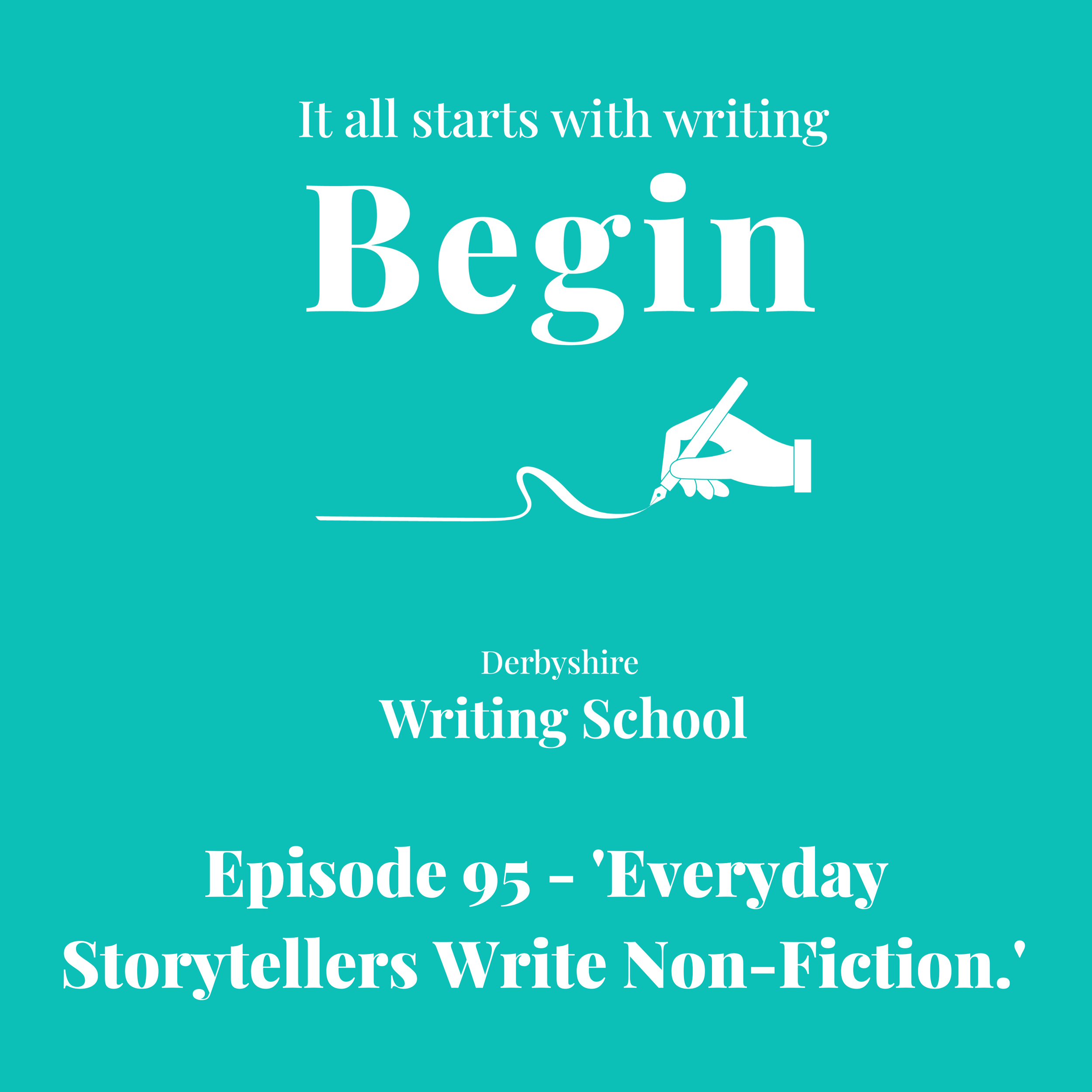This Is How Creative Writing Can Be Amazingly Therapeutic
While we often associate creative writing with fictional worlds, and our imaginations, there is a deeper quality to it too, which is really significant.
Are the words you write helping you in ways you didn’t even realise?
Writing has been a really powerful tool for me and has been my friend during some tough times. There is something about taking thoughts from my head and getting them down on the page which makes me feel so much better. This creative writing blog and this post are all about exploring how our writing can be therapeutic.
4 Ways Creative Writing Can Be Therapeutic
De-cluttering
Life can be so busy at times, and it can feel overwhelming. It’s easy to feel lost in it all. From exams to meetings, to parenting, there is no doubt that life can get a little too much sometimes. But writing can help to declutter our minds and allow us to make sense of the world.
Creative writing can be an amazing form of release. Sometimes, transferring thoughts from our mind to the page can make them easier to process. Putting a form to something can make it easier to deal with, as you can visualise it. Seeing it in front of our eyes can help take the pressure off, helping us to think clearly again. When we write, it can feel like a weight off our shoulders.
2. Control
Our writing affords us a sense of control that we might lose within everyday life. When it comes to your writing, you make all the decisions. Maybe one of your characters symbolises how you’re feeling, or perhaps your story might transport us to a completely different world. It’s all up to you.
When you’re writing, it’s as if you’re removed from the world around you. You can escape for a while. You become absorbed by the page in front of you, forgetting about everything else. This time can be precious and good for our well-being, as it is time devoted entirely to yourself and your expression.
The beauty of creative writing means you have free rein to try anything as well. There are no rights or wrongs, and no limits.
3. Personal Process
Our stories are made entirely by us. They are our own words, our own thoughts, our own ideas. It’s what makes writing such an incredibly personal process.
While there is, of course, creative writing written with the aim of producing something publishable, the essence of it is concerned with being a form of personal expression. With its infinite nature, creative writing allows us to do anything. From going absolutely crazy with our characters to channelling our deeply personal feelings. It doesn’t have to make sense to anyone, apart from us. In other words, we can write anything.
Every word is up to you as the writer. Being able to work with no restrictions is quite rare, so time spent writing can feel like a little piece of luxury.
It’s also a form of expression which doesn’t require verbalising thoughts and feelings. We don’t have to think about the correct thing to say. We just write. If you struggle to articulate emotions sometimes like I do, writing eases the stress of trying to find the right words. It offers a different way for you to explain yourself, in whatever form you feel is right.
For me, writing is a personal sphere. What I mean by this is that writing is private. While the option to share your work is available, there’s no obligation to do so. It’s like you’re the ruler of your own kingdom, and you make the decisions.
We all need that valuable time to ourselves and creative writing, with just a pen and paper, can be the friend we turn to. There’s no arguing, no judgement. Just the freedom of a blank page.
4. Re-reading and re-drafting
Creative writing has the ability to open up unexpected avenues. It enables us to look at different versions of ourselves.
When we come back to a piece of writing after we have put it away for a while, we might notice new ideas within it. For instance, you might realise that a certain story contains especially painful emotions.
There are things we only realise by looking back at the story. And it’s because of the power of reflection. By re-reading something, you can discover a whole other realm of messages, ideas and feelings you didn’t realise were there before. Our words can surprise us with the emotional depth they possess.
The process of re-drafting has immense therapeutic qualities. Revisiting our writing is almost like setting off on a quest to re-experience that thing which originally inspired it. You’re hunting for the words which can encompass it.
However, you are not necessarily the same person now as you were when you wrote it. You may now look at it from a different perspective, which might be unexpected but also really fascinating. It’s worth keeping all work, old and new, as they may be more revealing than you realise. You might discover new things about yourself.
Coaching from Derbyshire Writing School can help guide your writing life. We can help you shape a therapeutic writing process, or work to build bespoke writing prompts. Let’s chat today.
Creative Writing vs Therapeutic Writing
Did you know, there is a wide range of creative writing books out there which shine a light on this therapeutic element? For example, The Therapeutic Potential of Creative Writing: Writing Myself, really opened my eyes to the power of writing.
I really believe that there is some kind of magical force in the ability of the written word to help us feel better. The words we write are a kind of personal revelation. They offer us new insights into ourselves. Our writer’s mindset is often fuelled by emotions and feelings, and our writing is able to access even the deepest parts of ourselves to help unlock these. Sometimes, letting yourself write can be just the medicine you need.













